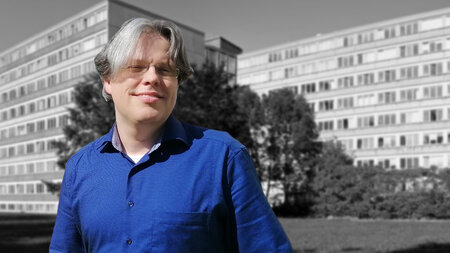Computer Tutorials
Generally I am happy to supervise computer tutorials for students. Since I am interested in many aspects of computational mathematics, I can offer various topics, also beyond the core field of my expertise. Projects could cover (for example, but not limited to) one or more of the following topics:
- Euler elastica and elastic knots
- repulsive energies for curves and surfaces
- finite element analysis (on domains or surfaces)
- discrete differential forms
- minimal and constant mean curvature surfaces
- Willmore surfaces
- subdivision surfaces
- geometrical evolution equations (mean curvature flow, Willmore flow,...)
- spectral analysis on surfaces
- algorithms on graphs (graph coloring, spectral analysis, spectral cuts...)
- sparse matrices, sparse factorization methods, and their graph theoretical background
- computation kernels for sparse linear algebra
- geometric and algebraic multigrid methods
- space filling curves and their applications in scientific computing
- hierarchical structures (octrees, bounding volume hierarchies,...)
- hierarchical matrices
- collision detection
- optimal transport
- simplicial homology and topological invariants of surfaces
- image compression and more general data compression
- mathematical optimization
- solving non-linear equations and inequalities in many variables
- optimization with contact constraints
- stochastic optimization (SGD, AdaGrad, AdaM, stochastic BFGS...)
- ...
So if you are interested in one of these topics and want to learn the basics of their computational treatment, feel free to contact me via
email
(in German or English)
and we will work out a concrete project together.
Ideally, such a project would result also in material that can be displayed on outreach activities such as Tag der Mathematik .
Certainly, some of these projects can also evolve into bachelor's and master's theses.
Some programming languages for which I can provide detailed support:
- Mathematica
- C/C++
- Matlab
- Python




